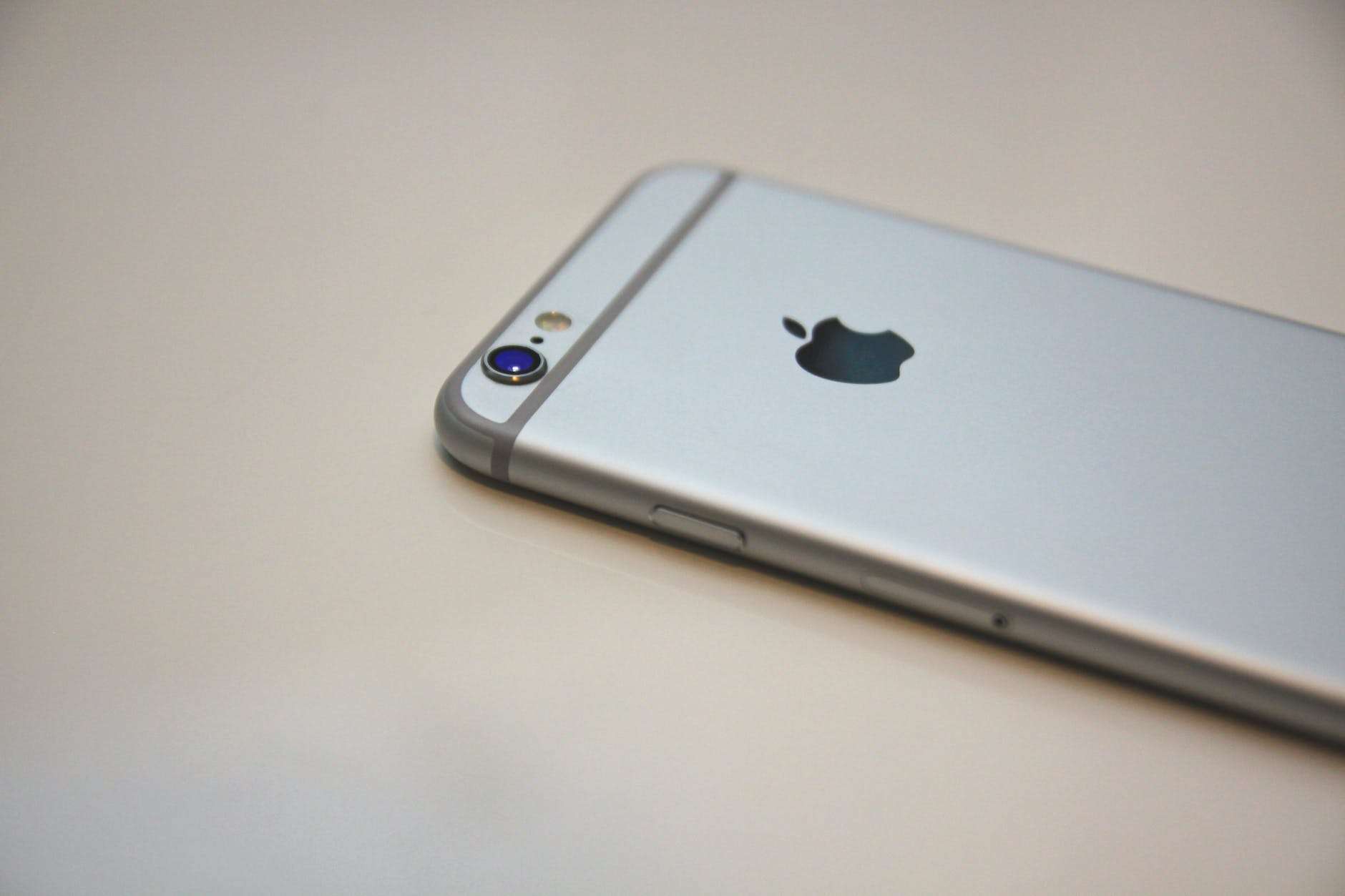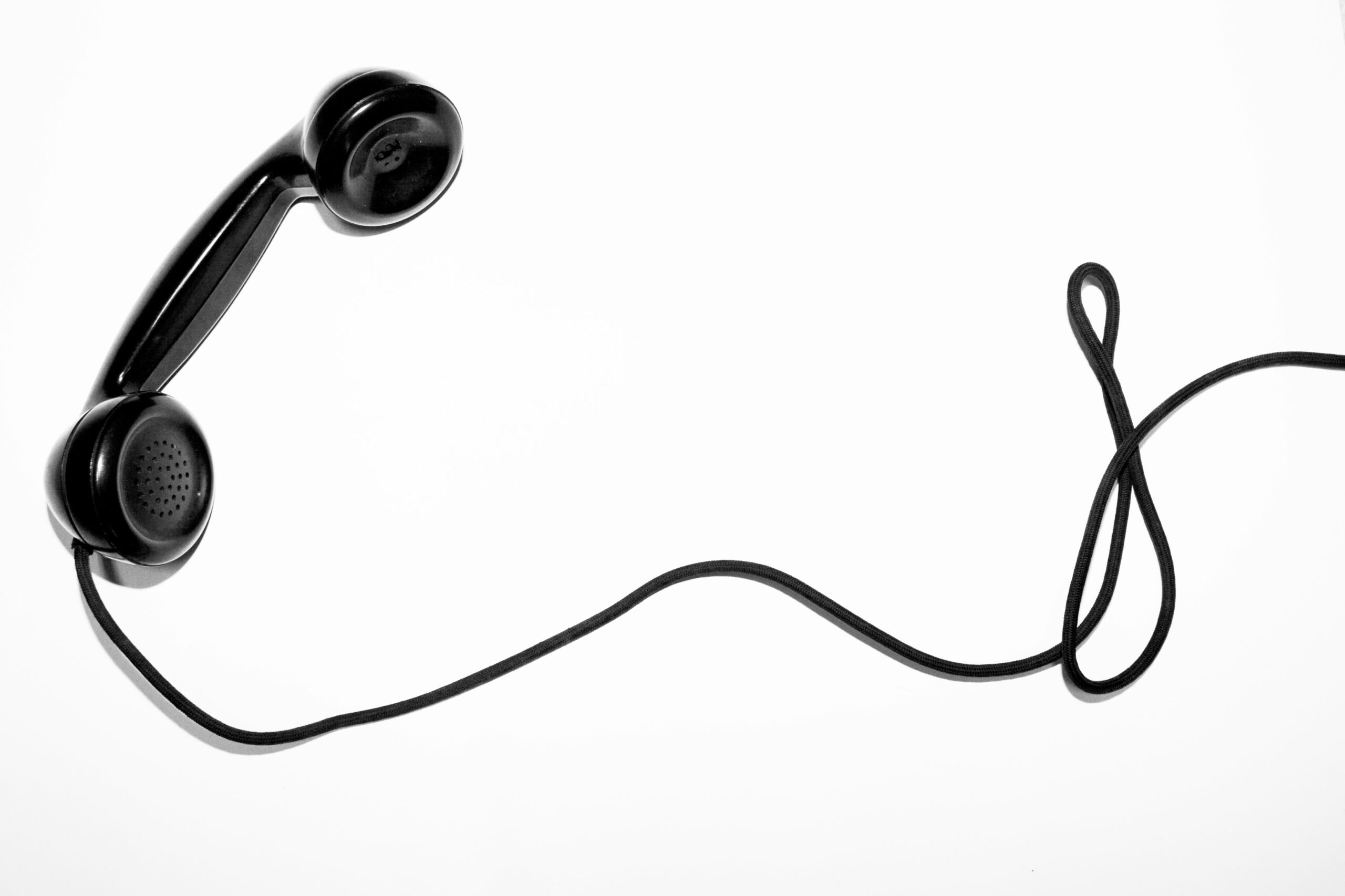
Can Police Search Your Phone After An Arrest?
When you’re placed under arrest, a lot of questions will probably begin to race through your mind. You may wonder if a police officer has the authority to search you and to search through your belongings, and particularly if they can search through your phone. Knowing the limits to of police search powers could potentially be the difference between your case ending in a conviction or ending in a dismissal. With so much at stake, having an experienced attorney who understands your rights and will fight to protect them is invaluable.
In short, while police can search you and the area around you after arresting you, police cannot search your phone without a warrant. However, this is a complex area of law, and there are many details to this rule that deserve further explanation.
When arresting you, police can automatically search you and the area around you.
The 4th Amendment of the Constitution protects Americans from illegal searches and seizures by law enforcement. One of the ways that Americans are protected from police violating the 4th Amendment are warrants issued by judges or magistrates. Police usually need a search warrant to search someone’s property, including their house, car, or their person. However, there are situations where police can search property without a warrant.
One of these situations is called “Search Incident to Lawful Arrest,” or SILA. After lawfully arresting someone, police can search that person and the immediate area around them to remove weapons and objects that could be used to harm officers, the arrested person, or others, and to remove tools that could help the arrested person escape. Officers can look anywhere where these weapons, objects, or tools could be found, including containers near you, your pockets, and even things inside your wallet. Essentially, if it could hold a razor blade, police can search it. While police cannot use SILA just to look for evidence, any evidence that they legally find using SILA can be used against you in trial.
Police cannot search your phone’s contents without a warrant.
The Supreme Court decided in Riley v. California (2014) that SILA does not apply to cell phone searches. In Riley v. California, the police pulled over and arrested a man for driving without a license. Police used SILA to search the man and found items associated with a gang. Officers then seized the man’s smartphone, unlocked it, and found contact information that associated him further with that gang.
In making their decision, the Supreme Court pointed out the incredible amount of private information that is on cell phones, especially smartphones, compared to other objects that might be found during a search. Police searching a house might occasionally stumble across a diary or other sensitive documents, and a person’s pockets might have their ID and pictures of their family. A phone, on the other hand, can contain personal notes, search history, medical information, location data, and apps for addiction treatment, menstrual cycles, banking, dating, political affiliations, and “every conceivable hobby or pastime,” all available one tap away.
Because of the amount of incredibly sensitive information on a person’s cell phone, the Supreme Court ruled that police need a warrant to conduct a search. Police can, however, examine the phone itself to make sure that there are no weapons, objects, or tools that could be used to cause harm or escape. They can also seize the phone and hold onto it until they obtain a warrant to prevent the arrested person from destroying evidence on the phone.
If police search your phone without a warrant, they cannot use any evidence that they find.
Any evidence that police get from unconstitutional searches cannot be used against you in court. This rule, called the Exclusionary Rule, is designed to protect your 4th Amendment rights, and it applies in both state and federal courts. It encourages law enforcement to obtain warrants and respect your privacy during arrests. Since the Supreme Court said that police need a warrant to search your phone, incriminating evidence found in a warrantless search of your phone cannot be used against you in court.
However, evidence on a cell phone might be able to be used against you under certain exceptions, even if your phone was searched without a warrant. For example, if incriminating evidence against you is found on someone else’s phone during a warrantless search, it can be used in court against you. Being close to the border might also allow police to search your phone without a warrant. Exceptions to the Exclusionary Rule are complicated and can vary depending on the specific circumstances of the case.
Further, information found during a warrantless search could be used against you if your attorney does not have it excluded. To exclude the evidence, your attorney needs to file a Motion to Suppress and has to demonstrate to the court that your 4th Amendment rights were violated. An experienced attorney understands the intricacies of the 4th Amendment and can apply the specific circumstances of your case to suppress the evidence obtained from a warrantless search of your phone.
How the Litwak Law Group can help you
In most searches, including searches through your phone, police need to have a warrant. The warrant must be based on probable cause and meet other specific legal requirements. This applies even if police search your person and the area around you using SILA. Evidence found as a result of an unlawful search of your phone cannot be used against you in trial, but it is not automatically excluded. Hiring an experienced attorney who will fight to protect your 4th Amendment rights and have evidence obtained through unconstitutional searches excluded could be crucial to the outcome of your case. The criminal defense attorneys at Litwak Law Group are committed to vigorously and professionally defending their clients’ constitutional rights and freedoms. Contact Jack Litwak today to see how the Litwak Law Group can help you.




